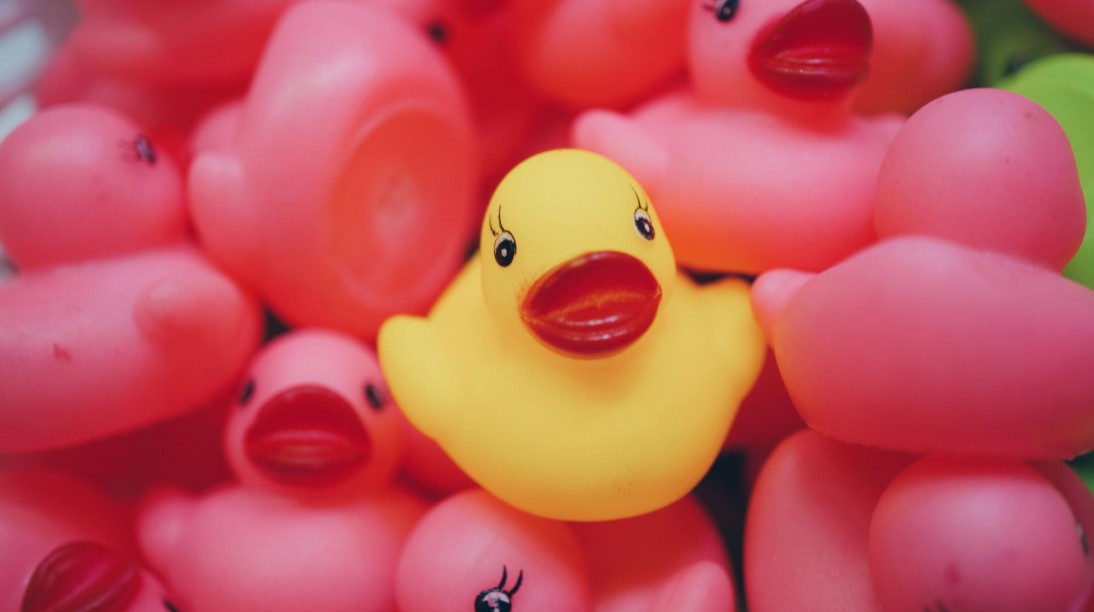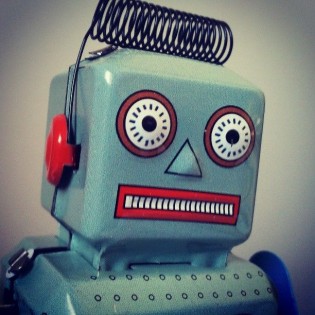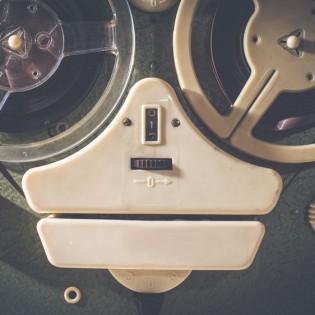Honesty is the best policy

... honestly
Every brand wants to stand out. To cut through the noise. To be heard above the din of a billion digital dawn choruses. We know this.
The solutions proposed are many, and mostly platitudes.
We should be more engaging. You don’t say. We should be funnier. Certainly. Disruptive. Yes, whatever that means.
There is, however, one easy thing to be. Honest. Say what you think. Honesty is the best policy. In fact, the only policy.
I was asked to talk to a marketing department summer party last month on this subject. Of all the thoughts I offered, it struck me this was the most useful.
When I talk about honesty, I mean the ability to be yourself and speak without formality or constraint. I don’t mean behaving ethically – although that is a given for any corporation that wishes to survive.
So plain-speaking is best. Why do I say this? Because culture and public life are punctuated with moments when what appeared to be the norm was shattered by a plainer, more robust truth.
Suddenly, everything else seemed mannered, pompous, corrupt or boring. It was never the same again.
Honesty in history
That’s anyone from Martin Luther – the German priest who denounced the Catholic Church, leading to the Reformation – to Martin Luther King, who articulated the black American experience.
Very much less seriously, in music, punk and hiphop did it, too – making what went before them appear staid and superficial. It wasn’t long, however, before both genres became as hackneyed as the predecessors they disdained.
In publishing, Helen Gurley Brown’s Cosmopolitan magazine spoke truth about women’s aspirations and sexual desire in a way that was shocking but compelling – and highly commercial.
In politics, it’s rarely the leaders who speak their minds. Outsiders like Frank Field and Peter Tatchell do that.
In companies, many of the same principles can be applied. Be honest about your industry and its shortcomings. Offer solutions to those issues. Have some fun doing so.
The reason much advertising doesn’t work these days is because it offers no answers to problems. It’s just a sludgy dressing of visuals and words over simpering, infantile music. It is artifice.
For great cut-through try Dollar Shave Club. Or Richard Branson at his most buccaneering. The original no-frills airlines did this, too: this is what it actually costs to fly but you'll pay more if you want extras.
Ronseal does it. Although I do not suggest that polyurethane varnish has anything in common with the Reformation or the civil rights movement.
It even works for railways
When the beleaguered Southern Railway put a teenager in charge of its Twitter account, they received rare praise. Eddie, aged 15, blithely and honestly announced that he was on work experience but here to help. Normally cynical and angry commuters warmed to a real person.
So let's be honest. Few products are going to make your audience more attractive to their gender of choice and offer them immortality or freedom. But some will make life easier.
Now it could be argued that honesty goes against brand. That the concept of authenticity is better.
Not so. Authenticity is a sort of diluted honesty, usually involving posting pictures of your dog or a charity cycling trip. Such self-mythologising is liable to come unstuck during moments of corporate stress.
An old PR friend once said, jokingly: “There is no truth. There are no lies. Only communications.” It was a joke, but we routinely manipulate imagery and messaging to stimulate sales.
Don’t do it. Sincerity and honesty are your best brand. Honestly.





